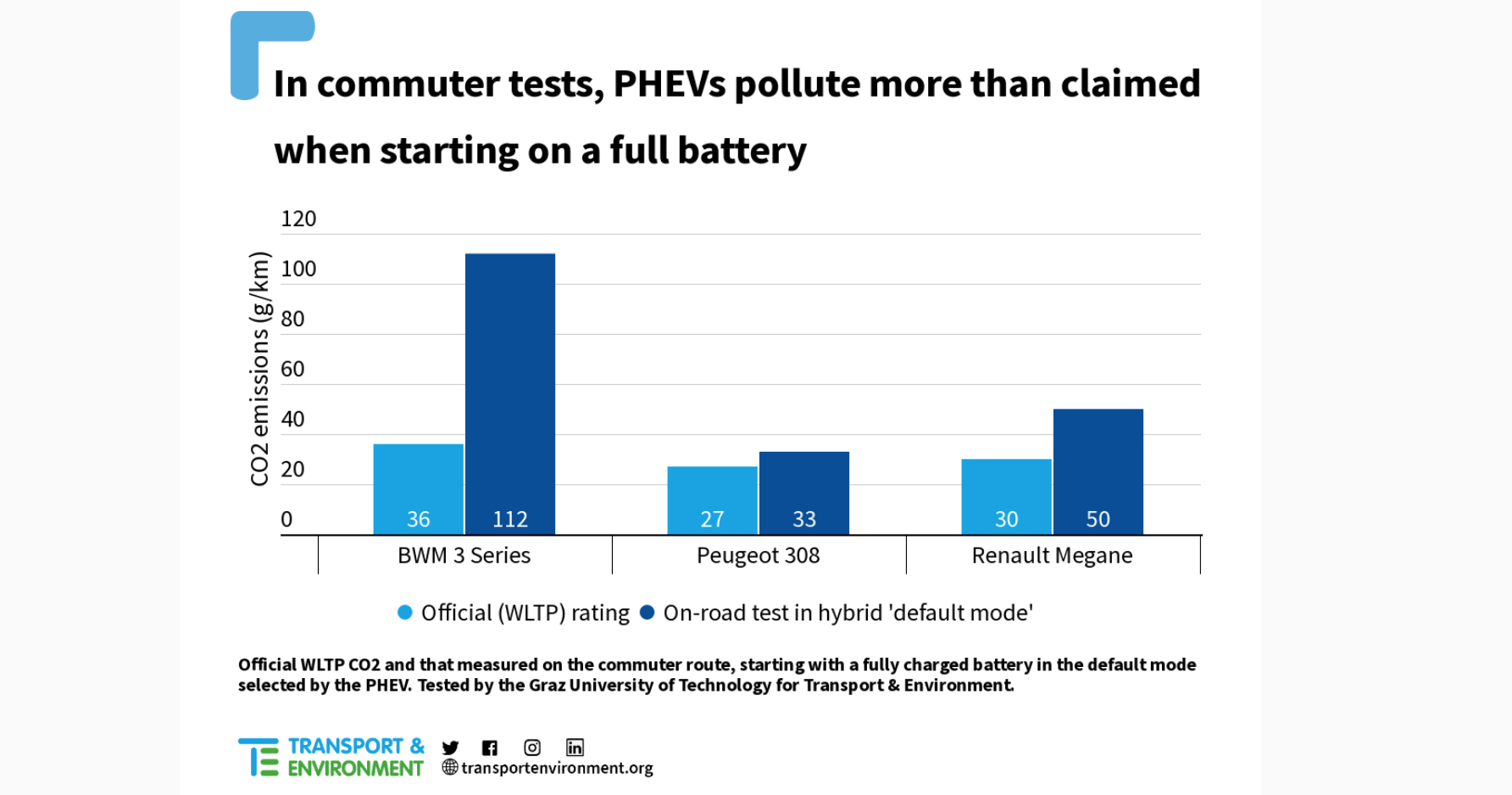
T&E: ‘Plug-in hybrids pollute more than claimed’

In the real world, PHEVs pollute more than claimed, says Transport & Environment /T&E
Plug-in hybrid cars are still presented as a climate solution. Still, tests on the newest generation of PHEVs indicate they pollute signific


Comments
Ready to join the conversation?
You must be an active subscriber to leave a comment.
Subscribe Today